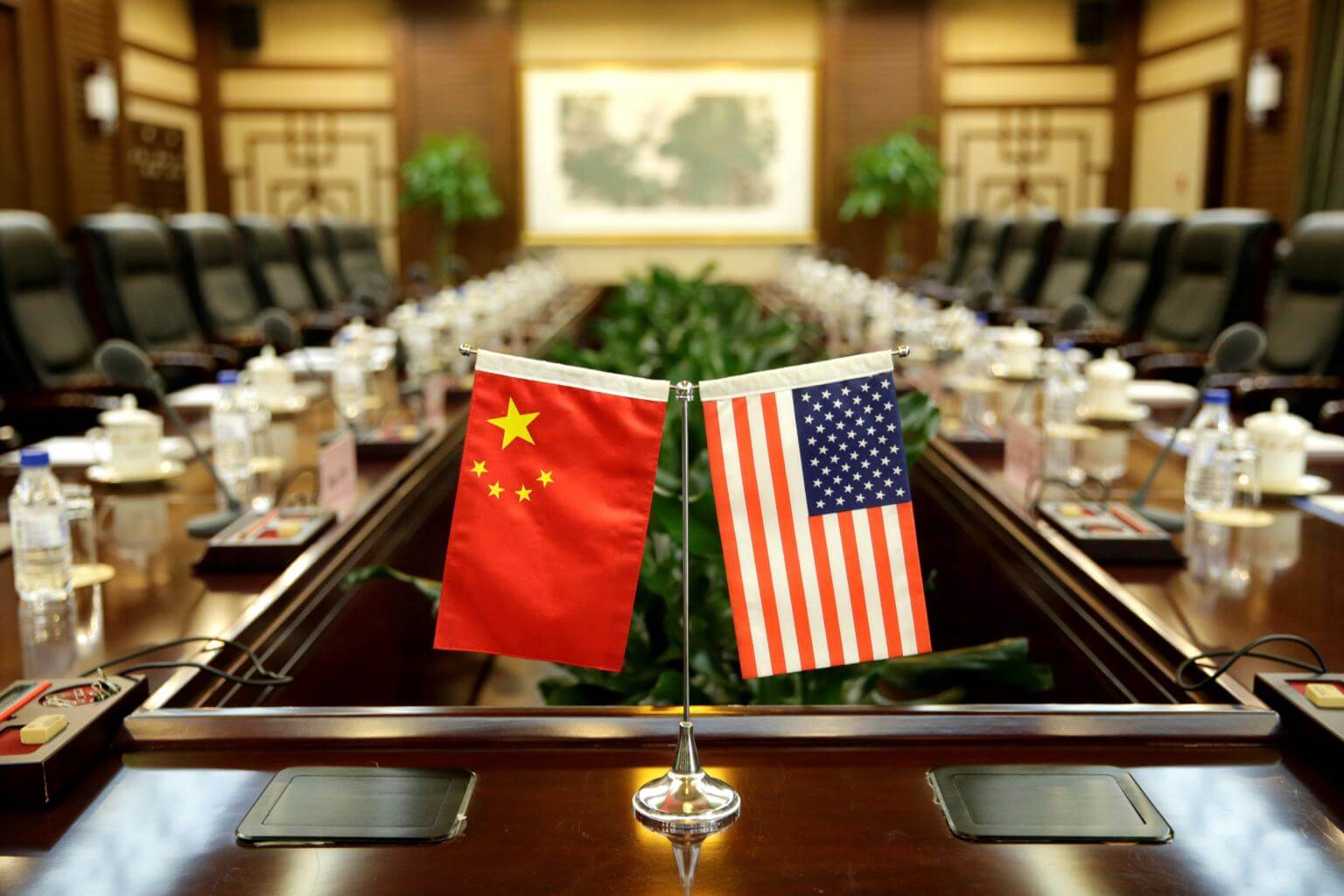China accuses US of 'trade bullyism' as new round of tit-for-tat tariffs kick in
Sign up now: Get ST's newsletters delivered to your inbox

Both China and the US have already slapped tariffs on US$50 billion worth of each other's goods earlier this year.
PHOTO: REUTERS
Follow topic:
BEIJING - China has accused the United States of "trade bullyism" and of using economic measures like tariffs to intimidate other countries, in a sharp reproach that coincided with a fresh round of tariffs from both sides kicking in on Monday (Sept 24).
"It has brazenly preached unilateralism, protectionism and economic hegemony, making false accusations against many countries and regions, particularly China, intimidating other countries through economic measures such as imposing tariffs, and attempting to impose its own interests on China through extreme pressure," a White Paper released by the State Council, or China's Cabinet, said on Monday.
In the latest round of tariffs, the US imposed duties on US$200 billion (S$273 billion) of Chinese imports and China retaliated with levies on US$60 billion of US goods.
President Donald Trump had earlier warned Beijing against retaliating by threatening levies on another US$267 billion of Chinese goods.
The latest tariffs, coming after both sides have already imposed duties on US$50 billion of each other's goods, are another notch in the escalating trade war between the world's two largest economies.
The US wants China to reduce the trade imbalance, give US firms greater access to Chinese markets and address concerns of unfair trade practices such as forced technology transfers.
The Chinese White Paper, titled "Facts about the China-US trade friction and China's position", was released an hour after the US' tariffs kicked in. It is the first government statement that comprehensively details Beijing's stance on the issue.
The official Xinhua news agency, citing the White Paper, said that the Trump administration has "abandoned fundamental norms of mutual respect and equal consultation that guide international relations" as it pursued "America First" economic policies.
China has responded to the US' tariff measures by seeking the common interests of not just both parties but also the global trade order, and has answered the US' concerns with the "greatest level of patience and good faith".
China has also made "enormous efforts" to stabilise bilateral economic and trade relations by holding discussions and proposing practical solutions, but the US has been contradicting itself and constantly challenging China, Xinhua added.
"As a result, trade and economic friction between the two sides has escalated quickly over a short period of time, causing serious damage to the economic and trade relations which have developed over the years... posing a grave threat to the multilateral trading system and the principle of free trade," said the White Paper.
But Beijing also signalled it continued to be open to trade talks premised on equality and mutual benefit, and that it was willing to work with Washington to control economic and trade differences based on principles of mutual respect and win-win cooperation.
The 36,000-character White Paper detailed how trade cooperation between both countries was mutually beneficial, and that both countries were important trade and investment partners.
It also set out China's efforts to protect intellectual property rights, and defended Chinese enterprises making acquisitions abroad, which has been criticised as an act by the Chinese government to gain access to advanced foreign technology.
The paper noted that between 2005 and last year, Chinese companies made 232 direct investments into US companies, but only 17 of these were involved in the high-technology sector.
It said that some level of trade friction was natural as both countries were in different stages of development and have different economic systems.
"The key, however, lies in how to enhance mutual trust, promote cooperation, and manage differences," said the White Paper.
The Communist Party's People's Daily said in a commentary that cooperation was the only correct option in resolving the trade conflict, noting that bilateral trade amounted to US$583.7 billion last year, 233 times higher than in 1979, when both countries established diplomatic ties.
"History and reality have repeatedly proved that China-US economic and trade cooperation is a win-win relationship; it is not a zero-sum game," said the commentary. "It not only promotes China's development and the improvement of its people's lives, but it also brings tangible benefits to American companies and people," it added.
Professor Hong Tao from the Beijing Technology and Business University noted that not once did the White Paper mention the term "trade war". It refers to the dispute as "trade friction" instead.
"In a trade war, both sides see each other as enemies, but China does not see the US as an enemy," said Prof Hong. "Ultimately, it still hopes to find a way to solve the problems surrounding this conflict."

